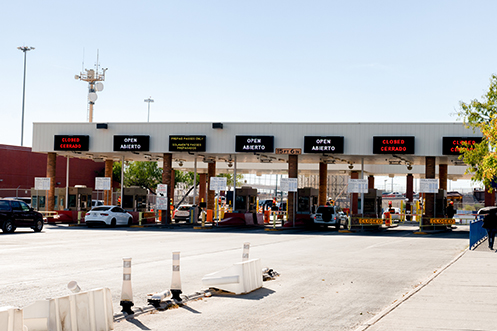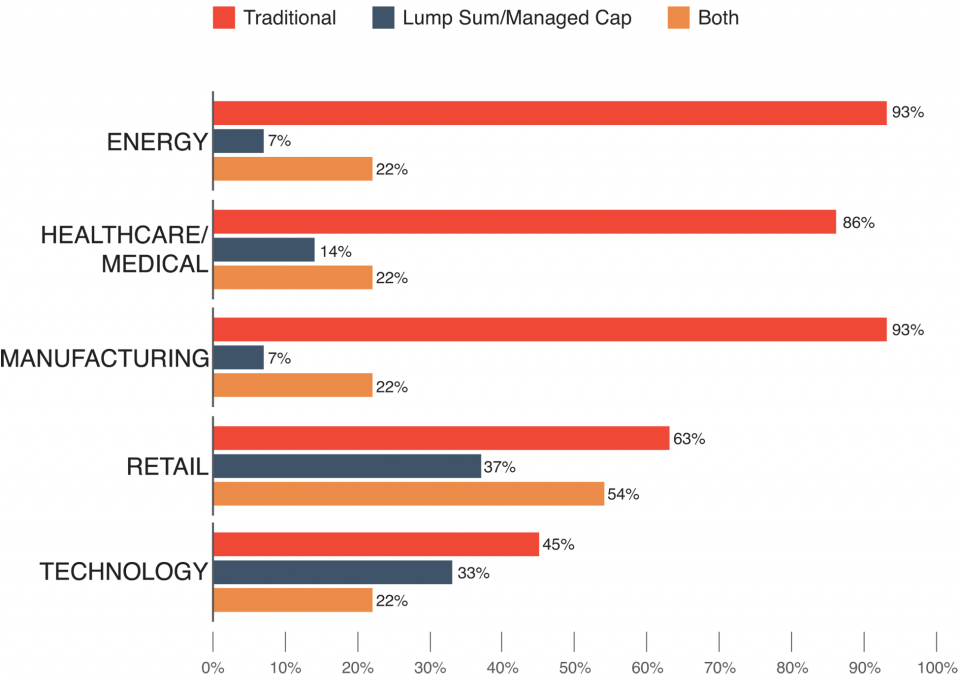What Are the Benefits of Benchmarking relocation policies?
It’s an unfortunate commonality that many businesses create relocation policies and benefits only to run with them for years at a time without revisiting them. Some companies might provide exceptions to their policies on a case-by-case basis for each new hire, but in the end, it could cost companies thousands of dollars by not renewing or checking these policies.
That is why it is important to benchmark relocation benefits every 12 to 18 months. There are many benefits to staying on top of corporate relocation benchmarking to make sure policies are competitive against peers and competitors. Using relocation benchmarking data can help make sure that transferees get the best relocation experience possible. Here are five benefits of using benchmarking numbers to update relocation programs annually.
1. Identify Cost Savings and Enhancements
Reviewing how other companies design corporate relocation programs can point out areas where a company can achieve significant cost savings. Taking time to review policies can help highlight parts of the company’s relocation benefits that can be enhanced. Obtaining multiple quotes for services can help save costs and keep your program competitive. These quotes can be obtained across multiple services, such as HHG, visa, and corporate housing. In some cases, you may discover your relocation management company (RMC) does not have an independent vendor network, preventing them from shopping around for the best deals on services.
Using relocation benchmarking data to learn about new and updated regulations can help avoid penalties and costs that may arise due to tax, legal, or immigration issues. The application of technology to processes such as reporting and reimbursement can help save time and money.
2. Ensure Industry Competitiveness
For companies to attract and retain the best talent in their industry, their relocation policies must offer employees a competitive edge compared to their peers. A relocation benchmark will show how industry competitors design their mobility benefits. A company can adjust policies to maintain an advantage and can be used as leverage in the offer phase.
If an employee is fielding multiple offers for jobs that require a move, many times the tiebreaker can be the relocation package offered. Checking relocation policies yearly can assure that you offer the best relocation benefits in your sector to entice new hires to accept your offer.
3. Learn About New, Innovative Ideas
Companies and industries evolve to respond to the dynamic workforce, regulatory environment changes, and increasing employee expectations. When major changes are happening, your mobility solutions and relocation policies should address those changes. A good relocation management company will use mobility technology to its advantage to help the moving employee. Companies and employees can use relocation technology platforms to stay informed throughout the relocation process while also increasing the speed of communication between the employee, company, and the RMC. It also provides more visibility into reimbursement numbers.
That being said, it is important to benchmark relocation policies to ensure that there isn’t mobility technology out there that could be saving time or money while relocating employees.
4. Educate Internal Stakeholders
Most successful companies recognize that several departments and functions interact with their employee’s relocation process. Internal stakeholders from diverse areas such as legal, finance, and human resources can learn how the transferee interacts with each department, what their needs are, and what the best practices are related to each function. Involving internal stakeholders in the policy benchmarking process assures the stakeholders understanding of policy guidelines and knowledge of how the company’s policies stack up against others in the same industry. This helps provide for a more smooth relocation process for the transferee as less will be lost in translation during the hiring process.
5. Maintain Alignment Objectives
Many companies that relocate employees regularly have multiple locations spread across the country, sometimes even the world. This is why those companies need to ensure communication of corporate plans and objectives, keeping the entire company up to date. A company’s relocation policy benchmarking should incorporate the policies that impact all employee levels, regardless of geography, so that local objectives will align with corporate objectives. Knowing that certain areas might have plans for future expansion helps all departments prepare to respond accordingly to employee relocation needs.
Need Help Benchmarking Relocation Policies?
Is your program competitive? Global Mobility Solutions has benchmarked over 1,000 relocation policies spanning 27 unique industries.
GMS provides comprehensive benchmarking services of your policies against industry best practice, while also showcasing what others in your industry are doing. This data has been an important tool in helping companies create and renew their relocation policies.
Our team can help write competitive and cost-saving policies by staying on top of numbers in numerous industries for benchmarking. We strive to keep our relocation benchmarking data up to date.
If it’s been longer than 18 months since your company reviewed their relocation policies, now is the time to contact GMS for some benchmarking numbers to ensure your policies are the best they can be.
What's happening in your industry? Request a Courtesy Benchmark report
At GMS, we make it a priority to know how talent mobility is changing in each major industry. What are the best practices? How are other companies changing their programs to retain a competitive edge? Your Mobility Pro will be in touch within 1 business day to help answer your questions and benchmark your industry.












